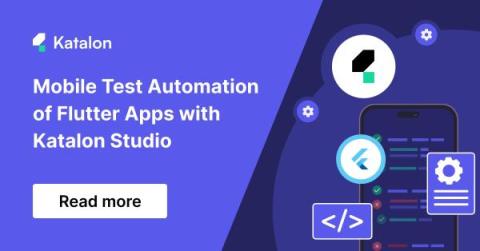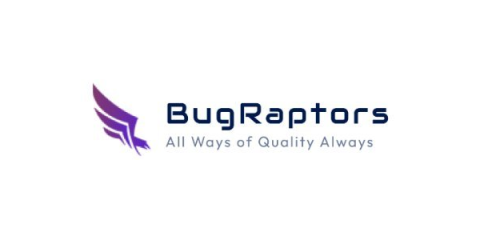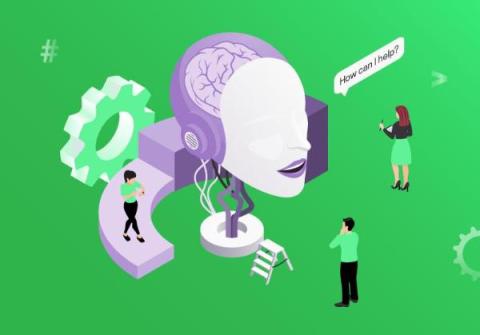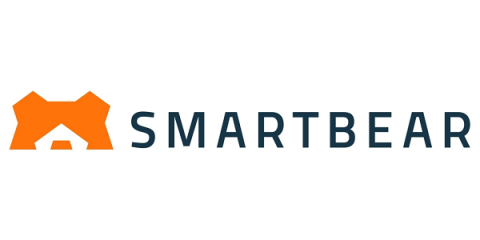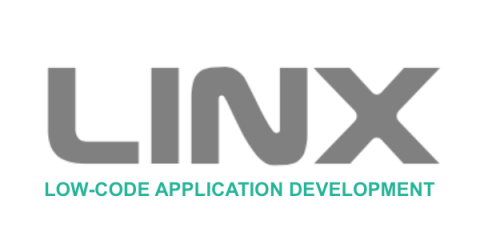Systems | Development | Analytics | API | Testing
Automation
6 Top Benefits of IDP Automation
Whether it's invoice processing or compliance management, it's likely that your organization grapples with numerous processes centered around documents. And for many, a relentless increase in document volume without an efficient way to process them has continued to challenge productivity. The manual handling of documents not only consumes time and effort but also introduces errors, which creates more costs.
How to Show ROI in Test Automation & Other Community Questions Answered
Low-Code Business Process Automation: A Blueprint for Success
In the age of rapid innovation, organizations are increasingly adopting low-code business process automation (BPA) to meet demand for speedy custom application delivery and seamless digital workflows. Perhaps that’s why global demand for low-code automation platforms (LCAPs) is expected to grow 25% to a $10 billion market value in 2023. So what does the ascendance of BPA tell us about the evolution of innovation?
Mobile Test Automation of Flutter Apps: Best Practices using Katalon Studio
Flutter, Google's open-source UI toolkit, has gained immense popularity for building natively compiled applications for mobile, web, desktop, and embedded devices from a single codebase. With its versatility, developers have embraced Flutter for creating dynamic and responsive user interfaces. However, when it comes to test automation, Flutter apps require a unique approach due to their underlying architecture.
Top AI Automation Testing Tools 2024
Role of AI in Automated Testing
Lately, AI and Machine Learning have been the most significant breakthroughs in the software testing space, and they will remain a hot topic for the foreseeable future.
Reasons To Implement DevOps Automation Model Into Your Business
SmartBear Expands AI-driven Test Automation Offering with New Integration for Visual Regression Testing
Automated file archiving made simple
File and folder management is a large part of backend development. Whether you are creating files, importing files, or simply following organisation standards, every system needs to consider how files are stored and archived. This is especially important for ETL or data-loading solutions. Low-code tools are a good choice when you create a process to automate your file archiving.






